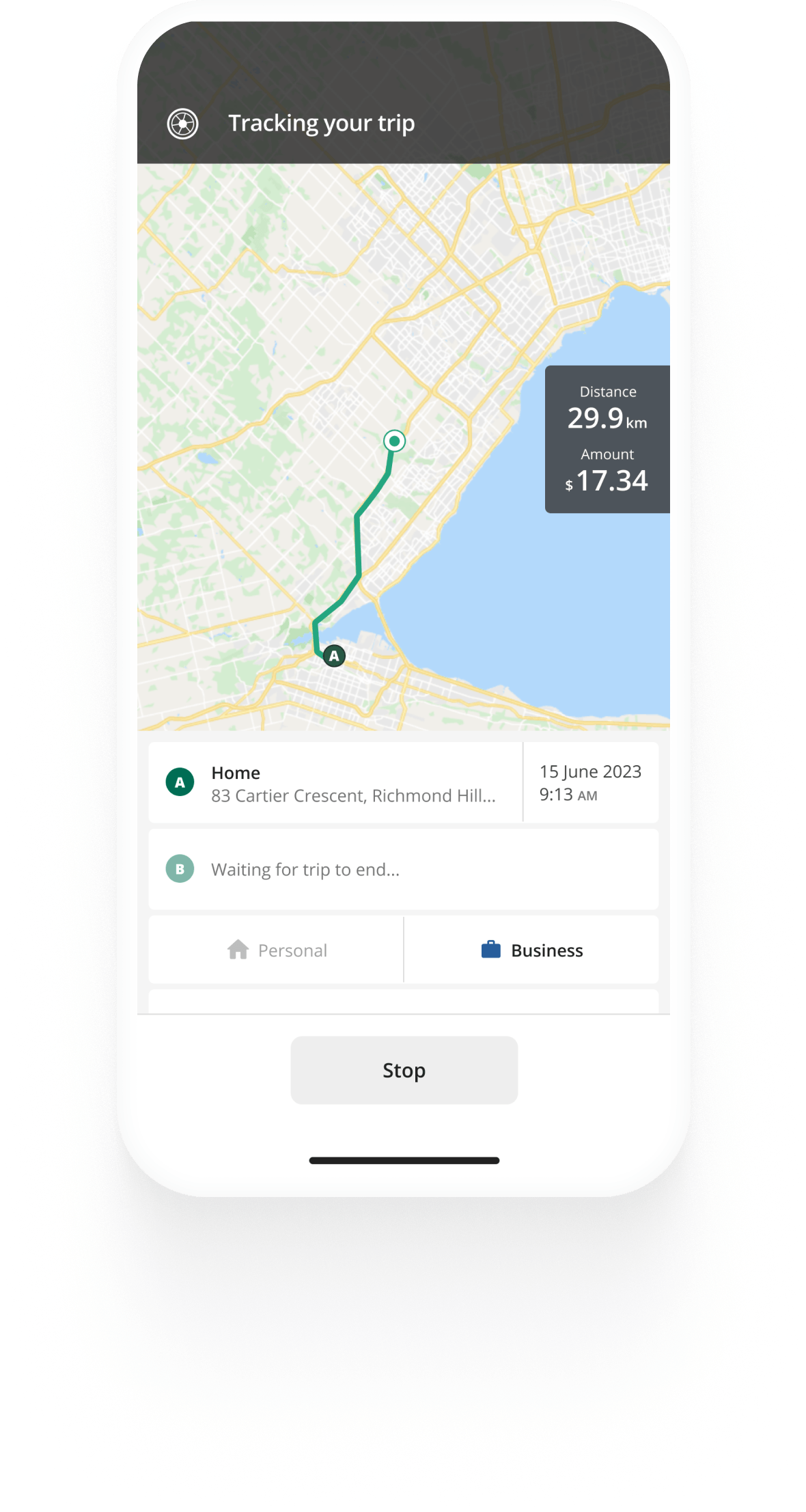Track mileage automatically
Get startedWhat Is An Audit?
In this article
An audit is an official examination of your individual or your business tax records conducted by the CRA. The main purpose of CRA audits is to ensure that individuals and businesses comply with the Canadian tax legislation.
The CRA performs risk assessments and considers factors such as error frequency and error likelihood when choosing taxpayers to audit. If you are chosen for a CRA tax audit, you will be notified by mail or phone (sometimes both).


Track business driving with ease
Trusted by millions of drivers
Automate your logbook Automate your logbook

Automatic mileage tracking and CRA-compliant reporting.
Get started for free Get started for freeWhat does it mean to be audited?
The CRA audit can take place at a CRA office, or on-site at your residence or place of work. You will be required to provide documentation that your assigned CRA auditor can examine either in person, by mail or online through the CRA Secure Services portal. Note that you are not allowed to send records through email.
Keep in mind that when you are audited, the CRA may also examine records of family members, business partners, employees and others that may relate to your tax return.
The outcome of a CRA audit can go three ways:
- Your audited tax return is deemed correct - you receive a confirmation letter and the audit is concluded.
- Your tax return needs to be reassessed - you may have to pay more tax or may be entitled to a refund. You will receive official information by mail and you have 30 days to agree or disagree with the findings. If you agree, you will either pay the tax owed or receive a refund, according to the CRA tax audit outcome
- If your tax return is reassessed and you don’t agree with the findings, you should contact the auditor and explain the disagreement, providing records that support your disagreement. You can also contact the team leader of the auditor to further prove your reasons for disagreement. Finally, you are also able to appeal the assessment.
In case you are audited, you will need to provide all records that the CRA requests. These documents might include business and personal records such as logs, receipts and invoices, bank statements and more.
If you claim mileage deductions, you can see our guide on the CRA logbook requirements for work-related mileage.
The auditor can also use records available to the CRA, as well as records of other individuals or organizations they deem relevant.
Submitting proper records on time ensures your CRA audit doesn’t drag out and is concluded at the soonest.
FAQ

Tired of logging mileage by hand?
Effortless. CRA-compliant. Liberating.
Related posts
CRA Mileage Rate 2024
January 2, 2024 - 2 min read
The CRA announces 2024 rates for vehicle allowance: From January 1st, 2024, per kilometre rates will increase 2 cents over 2023.
Taxable Employee Benefits in Canada
April 7, 2025 - 10 min read
Which benefits do you offer your employees? A full list of the taxable employee benefits in Canada, and how you calculate their value.
FAQ About The CRA Automobile Allowance
April 7, 2025 - 5 min read
FAQ: What you want to know about automobile allowances and reimbursements as per CRA guidelines for businesses and employees.


